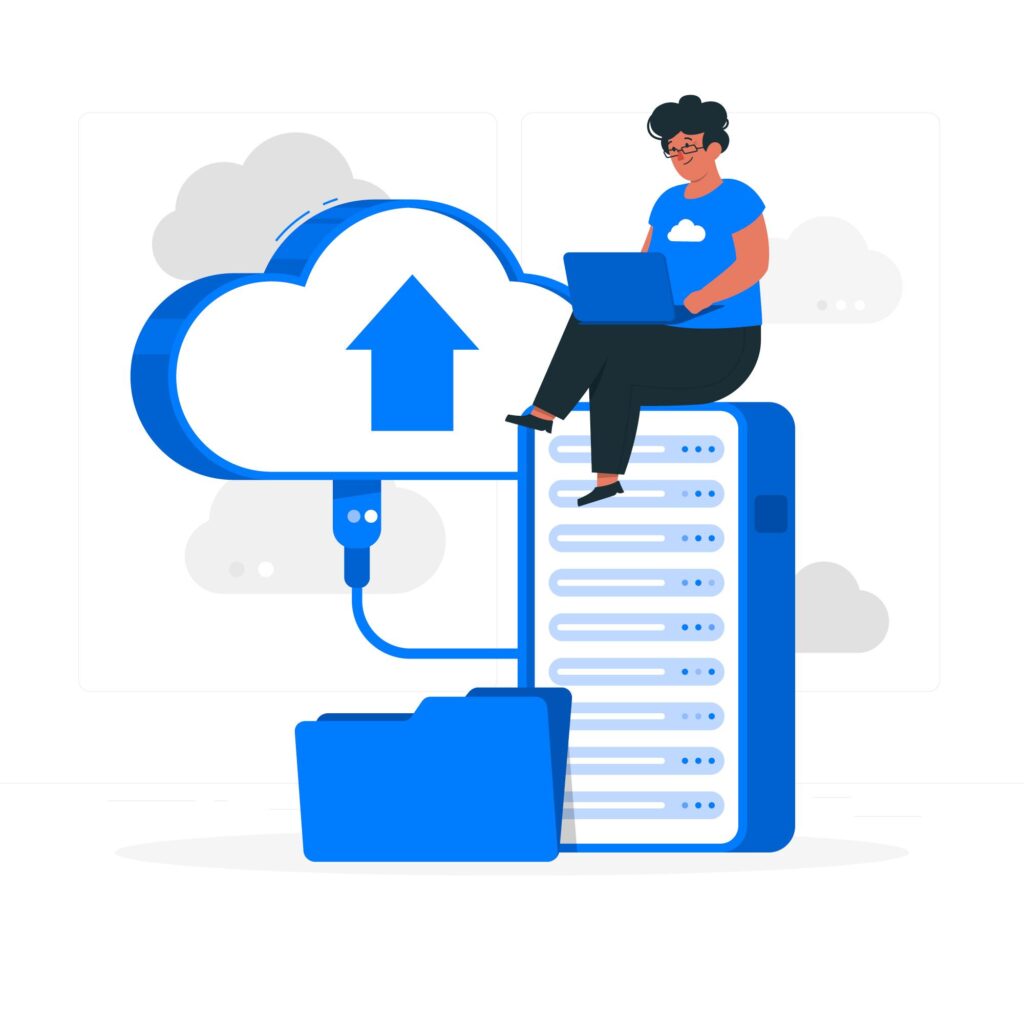![]()
I’ve been working with Azure DevOps since its transition from Visual Studio Team Services (VSTS), witnessing its evolution in both functionality and scope. With this current infusion of Artificial Intelligence (AI) and my own training in this field, my curiosity has reached new heights. I felt compelled to analyze and organize my thoughts by outlining key points on integrating AI with Azure DevOps backlogs, thus helping to clarify some of the ambiguities surrounding this rapidly evolving intersection – Backlog management is the heartbeat of any Agile delivery process. Yet as teams grow, product scope expands, and stakeholder demands evolve, managing and prioritizing work items becomes increasingly complex. This is where AI can be a game-changer – Not just by automating tasks, but by offering intelligent insights, identifying patterns, predicting risks, and improving prioritization decisions. In this article, I explore how AI isn’t just enhancing ‘tooling’& it’s reshaping how teams think about and interact with their backlogs thus helping to clarify some of the ambiguities surrounding this topic, here is my synopsis:
Automated Backlog Grooming & Cleanup – AI can detect stale, redundant, or low-value backlog items, & suggest removal or consolidation – Helps reduce clutter & maintain lean/relevant backlog
Automatic User Story Generation – AI can analyze requirements & generate well-structured user stories, saving time thus ensuring consistency in backlog items
Intelligent Prioritization & Backlog Refinement – AI can analyze past sprint data, business objectives, and dependencies to recommend optimal backlog item priorities. Additionally, predictive analytics can identify high-impact tasks that deserve prioritization while flagging potential risks and delays. By leveraging past sprint performance, It helps teams proactively adjust timelines and allocate resources more effectively
Automated Estimation & Workload Balancing – AI-powered tools can estimate task complexity & effort based on historical data – It helps balance workloads across teams, reducing bottlenecks and improves velocity
Smart Work Item Tagging – Identify & Resolving Dependencies AI can automatically categorize work items based on historical patterns & natural language processing (NLP), which Improves searchability, helps teams quickly locate relevant tasks- AI can also identify dependencies between work items to prevent conflicts and optimize task sequencing. It ensures that critical blockers are detected and resolved early in the development cycle, improving workflow efficiency
Intelligent Test Case Generation & Automation – AI can auto-generate test cases based on backlog requirements, reducing manual effort – Enhances DevOps test coverage and efficiency in CI/CD pipelines
AI-Powered Code Suggestions & Issue Resolution – AI can suggest fixes for technical debt by analyzing existing codebases and backlog issues – It helps resolve bug-related work items faster with automated recommendations
Enhanced Sprint Planning & Forecasting – AI can predict sprint completion rates & team capacity based on velocity trends. It enables better data-driven sprint planning and milestone tracking
Quick Wrap up – As Azure DevOps continues to mature, integration of AI is more than just a convenience, it’s a strategic advantage. From intelligently prioritizing user stories to detecting delivery bottlenecks and surfacing hidden dependencies, AI enables teams to work smarter, not just faster. But realizing this potential requires more than simply enabling a feature; it demands thoughtful adoption, training, and a cultural shift toward data-informed decision-making. By embracing AI-enhanced backlog management, organizations can better align their technical execution with business goals, creating a more agile, adaptive, and resilient development environment

